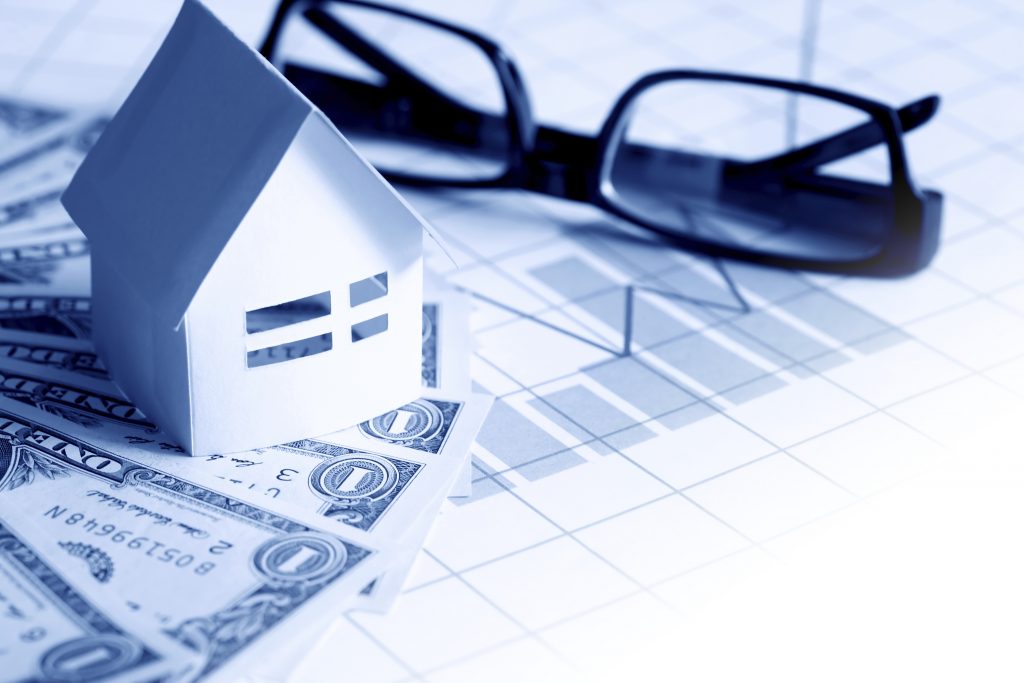“The small changes for the large gains”
Tenants and homeowners alike, have all dealt with the problem of energy management. Energy most commonly comes in the form of gas, electricity, and solar power. These energy sources are used in homes to fuel your furnace, boiler, stove, lights, appliances and more. The condition, age and frequency of use of these household items, all play an important role in a homes energy usage. In addition to household fixtures, (U.S. Energy Information Administration, 2019), states other major factors that effect your energy usage are geographical location, characteristics of your home, and the number of occupants residing in your home. When properties age their appliances become outdated, or less efficient in using energy. The property wears over time creating spacing and cracks in windows, doors, outlets, piping, the foundation or siding compromising your internal energy environment. Your house should be sealed tight containing all of your heat and cold air being mindful of proper ventilation (Energy saver, N.D). If your property is compromised there are minor and major solutions that can lower your energy usage. Keeping in mind the state of the world with COVID-19 and personal experience lets focus on the the minor fixes.
Low efficiency set backs!
Home inefficiency causes poor air circulation, Improper or worn home sealant can cause discomfort, leading to compensation for poor insulation and over use of the heat/cooling resource. without understanding these concepts confusion and frustration can arise when it comes time to pay the bills.
Why make the changes?
Improving your home’s energy efficiency can lower your utility prices and eliminate or decrease the amount of energy waste coming from your home. Knowing just a few of the steps it takes to increase efficiency can Increase your control of your energy usage and enable you to make confident decisions with your family around energy and finances.
My Journey
In my area, I have used two different energy companies. It wasn’t until I was serviced by National grid that I began to understand how much I affected the energy usage in my home and I don’t mean only turning the lights off like our parents used to tell us. National grid isn’t the only company that supplies energy efficiency reports but merely my first experience receiving a report that clearly stated how much energy I utilized compared to my neighbors. This began a journey to understand and control my energy usage. Through National grid’s online tools, they monitor your usage and provide helpful tips to become more energy efficient. Using their tools I have saved from $10 to $100 dollars on my primarily electric-based apartment.
Helpful Seasonal Tips
Summer
- Install shades or shutters to minimize your home’s exposure to the sun
- Clean or replace air filters on your air conditioning unit
- Set your thermostat to 78°F
- Purchase a smart Thermostat saving up to $190 a year
Winter
- Open shades for natural warmth.
- Zone baseboard heaters utilizing specific heaters to localize the heat of an area.
- Seal any cracks or spacings in windows, doors, outlets, piping, the foundation or siding that are allowing air to enter or escape the home.
Year-round
- Unplug appliances that aren’t being used, even when chargers are not used they are still using power
- Use energy-efficient power strips, to quickly turn off multiple appliances
- Install LED light bulbs, with use 90% less energy than conventional bulbs
- Cleaning refrigerator condenser coils allows for the refrigerator to transfer heat efficiently
- Minimize washer and dryer loads
- Putting computers into sleep mode
- Adjusting television displays
These changes are affordable and make a significant difference in saving you money. Do not be limited to this list. There are more steps that can be taken to improve your home’s energy usage. In homes that are 15 or more years old Air conditioning units, boilers and furnaces are ready to be replaced. Continually improving energy systems make it so even though families are using more energy reliant appliances, residential energy use is on a decline (U.S. Energy Information Administration, 2019).Â
Below are the links to the more comprehensive tools and sourced materials
Links
“Do-It-Yourself Home Energy Audits.†Energy.gov, 2020, www.energy.gov/energysaver/home-energy-audits/do-it-yourself-home-energy-audits.
“Top 20 Energy Saving Tips: National Grid.†Top 20 Energy Saving Tips | National Grid, 2018, www.nationalgridus.com/MA-Home/Energy-Saving-Tips/Top-20-Tips.
“U.S. Energy Information Administration – EIA – Independent Statistics and Analysis.†Use of Energy in Homes – U.S. Energy Information Administration (EIA), 2019, www.eia.gov/energyexplained/use-of-energy/homes.php#:~:text=Electricity%20and%20natural%20gas%20are,sector%20energy%20use%20in%202017.

